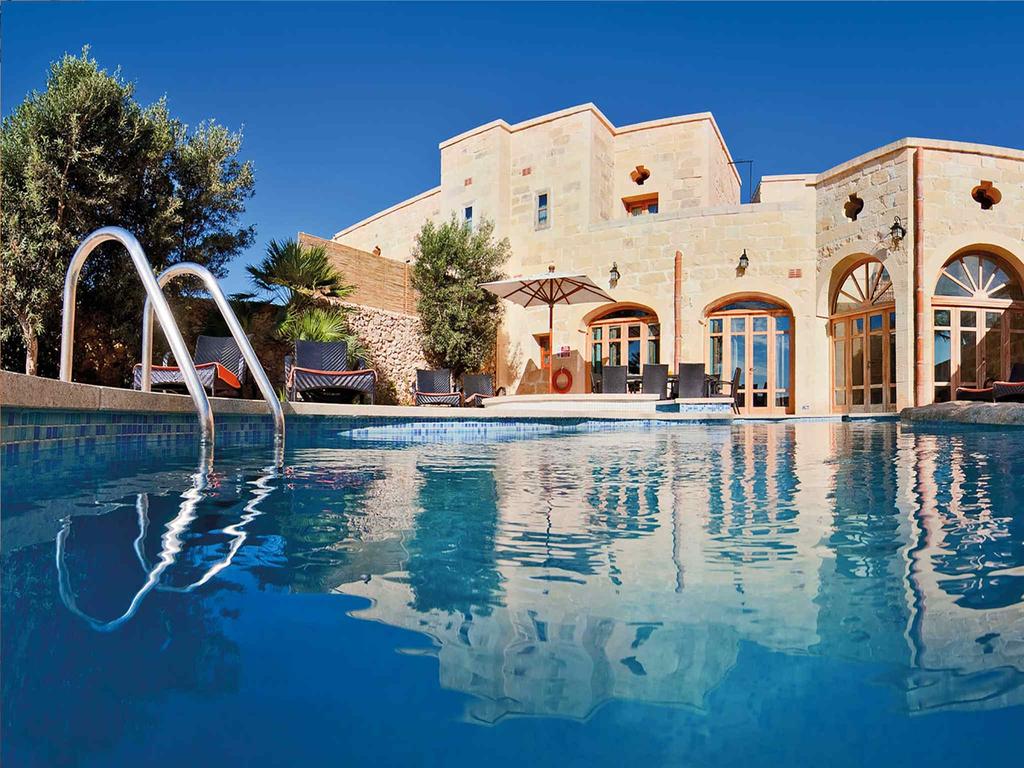Numerous countries have sought to take advantage of the growing demand for second citizenships amongst High-net-worth individuals (HNWI), by introducing or refining their own Citizenship by Investment programmes. Countries have varying reasons for incorporating citizenship and residency programmes into their economies. These include wanting to attract foreign investment into the country, boosting the property market, diversifying and fuelling the economy, generating funds for social projects and progress in the public sector, and attracting HNWI and highly skilled workers that further stimulate business.
Attract foreign investment
For countries with limited resources, citizenship by investment programmes present an enticing opportunity for attracting foreign direct investment. These programmes require direct investment from the applicant in the form of a fiscal contribution, property or government bonds/equities, or a combination of the latter. Therefore, they are an important vehicle for incentivizing investment, generating revenues for the country and boosting economic growth.
The first citizenship by investment programme launched by St. Kitts and Nevis was aimed at attracting foreign investors to its economy. Over the years, four other Caribbean countries introduced similar investment programmes to diversify their economies, boost the real estate sector with investments in high end resorts and developments and attract wealthy investors to their economies. Whilst, accurate data is not generally available, citizenship by investment programmes generate a significant contribution to the GDP of these islands.
Malta, for instance, has seen increased foreign investment since the start of the programme in 2014. Since its inception, and up to June 2017, there were 1101 applications submitted, 566 of which were successful. Statistics shows that through the Individual Investor Programme (IIP), Malta has attracted investment from an untapped market for the island. The programme has left a positive impact on the GDP, having a combined total of a 3.72% contribution to the GDP from 2015 to 2017. Nevertheless, the country does not rely heavily on it in terms of maintaining economic growth as industries such as financial services, igaming and tourism contribute towards a much large portion of GDP.
Cyprus is another example where the investor programme has been beneficial in terms of foreign investment. Interior Minister Socratis Hasikos noted that the scheme had brought in close to €3.5 billion in foreign investment by the end of 2016, equating to around 25% of the total GDP. Overall, Cyprus has seen significant improvements in its GDP with the introduction of its Citizenship by Investment Programme, along with the help of other financial measures. This is a consequence of not only the investment itself, but also of the subsequent indirect secondary and tertiary activity that it generates.

Boost the real estate market
For some countries, a substantial motivator in introducing such programmes is to revamp the real estate industry.
A prime example is the Cypriot Citizenship by Investment programme which mainly involves an investment in property and has significantly stimulated the country’s property market both directly and indirectly. As of April 2017, 2,000 applications have been approved, with an investment of €4 Billion.
As the property market in Cyprus is struggling to reach pre-recession pricing, the current low prices still have the opportunity of being advantageous to investors while at the same time, helping Cyprus boost the market. The programme has been instrumental in saving the Cyprus real estate market following fears that the 2013 economic crisis had irrevocably impaired it, and this is substantiated by the steadily increasing property prices in recent years. The Property Price Index shows promising developments for Cyprus, with average gross yields for the second quarter of 2017 coming in at 4.1% and 2.1% for apartments and houses, respectively.
In Malta, from the launch of the IIP, till June 2017, a total of 80 properties were purchased, while 483 were leased. On average, property purchases have been of around €867,520 and property leases of €114,542. One can also see a steady increase in the Property Price Index, with a 12% price increase in Q3 2017 since 2015. Whilst the introduction of Malta’s IIP has contributed to the boost in real estate market, such an increase in prices is mainly attributed to the spike in foreign nationals working and living in Malta as a result of a buoyant economy and a very low unemployment rate.

Diversify and re-stimulate the economy
Some countries, most notably those in the Caribbean, utilise Citizenship by Investment programmes as a way of growing, diversifying and further stimulating their economy.
The economy of St Kitts and Nevis has traditionally been dependent on the growing and processing of sugar cane; however, decreasing world prices have hurt the industry. Instead, tourism, export-oriented manufacturing, and offshore banking activity have assumed larger roles. Citizenship by Investment was introduced to both diversify the economy in terms of attracting direct investment and re-invigorating the sugar cane industry. One option of the country’s citizenship by investment programme is investment in the Sugar Industry Diversification Fund which was established in 2006 with the aim of helping the government reduce reliability from sugar as the main industry, and instead focusing on diversifying the economy by shifting the attention to funding alternative or new industries, with the ultimate aim of stimulating growth and development. In 2014, the IMF reported that 14% of St Kitts GDP, equal to US$11.9 million, came from Direct programme contributions, as a result of 2329 applications that year alone.
Having an economy largely dependent on tourism, and with its infrastructure often destroyed through hurricanes, Antigua and Barbuda also introduced its citizenship by investment programme to supplement its faltering economy and introduce diversification. In 2017, the Citizenship by Investment Unit of Antigua and Barbuda processed a total of 321 applications, yielding an estimated $64 million in direct revenue to the central government and capital injection of $198.7 million into hotels, residential developments, and other business interests – amounting to 20% of GDP.
In the case of St Lucia, the citizenship by investment programme was introduced in the hope of making up for the loss of income from the more traditional economic activities. These had lost their significance in the 1990s due to increasing globalisation and liberalisation, and loss of preferential trading arrangements, heightening the need to find novel and alternative sources of investment.
Generate funds for social projects
Another motivation of establishing a citizenship by investment programme is to finance projects aimed specifically towards the well-being of society and the standard of living. 70% of monetary contributions received under the Malta IIP go towards the National Development and Social Fund (NDSF) with the aim of improving public services, contributing to major projects of public interest, supporting the advancement of education, research, innovation, justice and the rule of law, employment and public health and investing in social projects like housing, gender equality, prevention of discrimination, and respect for human rights. As of June 2017, €249,328,799 have been transferred into the NDSF.
After the disastrous effects of the 2017 Atlantic hurricane season, St. Kitts opened the temporary Hurricane Relief Option (was valid until March 2018) which offered a cheaper contribution to investors in order to raise funds to help the islands and its citizens recover. This alternative was established with the mindset of benefiting the country and its people by aiding in the quick recovery of infrastructure and homes after the brutal hurricane season, as well as ensuring ongoing prosperity.
Attract HNWI, highly skilled workers and businesses
Citizenship by Investment programmes can also improve the workforce of the countries as they introduce and open avenues for the migration of highly skilled workers and professionals and their families without the bureaucratic and lengthy processes of gaining work visas. This is especially true for individuals who come from countries where acquiring a work visa is very difficult.
Citizenship by investment programmes are not solely a way of attracting investment, but also of alluring investors themselves into the country, thereby enriching the local pool of talent and entrepreneurs. High net worth individuals living in the country further contribute to economic activity due to their higher levels of consumption both in terms of personal and corporate expenditure.
A citizenship by investment programme does not necessarily cater to all these motives. In fact, the different features offered by the various programmes available reflect the priorities of the countries in which they are established. Therefore, it comes as no surprise that more and more countries are looking into the possibility of introducing similar programmes or seeking to fine-tune existing ones to make them more attractive to investors.